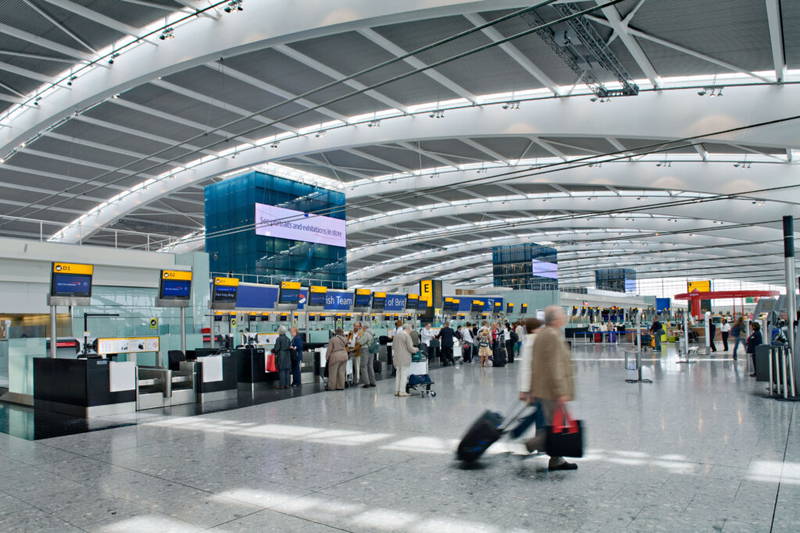
Several major European airports, including London’s Heathrow—the busiest airport in Europe—alongside Brussels and Berlin airports, faced significant disruptions due to a cyberattack.
The attack targeted the MUSE software provided by Collins Aerospace, which manages check-in and boarding systems used by multiple airlines at these airports.
The cyber intrusion rendered automated check-in and baggage drop systems inoperable, forcing airports to switch to manual check-in and boarding procedures. At Brussels Airport, this led to at least 10 flight cancellations and 17 delays of over an hour. Passengers at affected airports were urged to check flight statuses online before heading to terminals.
Heathrow Airport reported delays for departing passengers caused by the technical issue affecting electronic systems. Airport authorities deployed extra staff to minimize disruption but warned travelers to expect longer wait times.
Berlin Brandenburg Airport also experienced extended wait times at check-in desks due to the disruption. Companies managing airport systems, including Collins Aerospace’s parent company RTX, acknowledged the “cyber-related disturbance” and assured efforts were underway to restore full functionality as quickly as possible.
Flight-tracking services recorded dozens of delays and cancellations across these airports on Saturday, significantly impacting the flight schedule. Authorities advised travelers to monitor updates with airlines as the situation unfolded.
This cyberattack highlighted vulnerabilities in aviation infrastructure, with experts noting a steep increase in cyber threats to the sector from 2024 to 2025. The incident served as a reminder of the critical need for cybersecurity resilience in global air travel networks.






